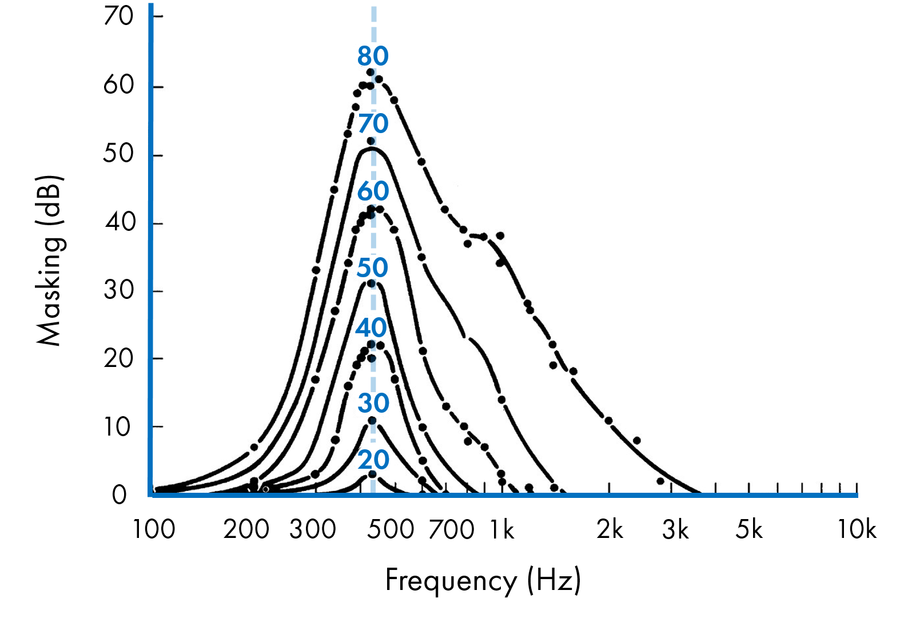Cote Dazur
Addicted to Fun and Learning
This afternoon, I was home alone, I took advantage of the empty home to crank the volume higher than usual. I had a great time, from Norma Winstone to Norah Jones, with detour to Manzanera and Simon & Garfunkel, everything sounded spectacular and captivating. All the glorious detail and presence, great stereo image and convincing low frequency with authority. It had been a little while since I listened in the 80/90 dB range, usually it is more like 65/75 dB range.
When doing comparison, like AB blind testing or any testing, every one always insist on having no level difference or the result will be biased as everyone will prefer the loudest sound. Producer go in a war on loudness because the loudest is always preferred. When going to live event, rock, but not only, the level is always very high.
One does not need to listen too high to get the details, if the environment is not too noisy, but the music feels so much more alive at higher levels. More so, for me, on speaker, not so much on headphones.
My question is why, as human, do we prefer when testing, higher level sound and enjoy higher dB levels so much, particularly when actively listening to music.
When doing comparison, like AB blind testing or any testing, every one always insist on having no level difference or the result will be biased as everyone will prefer the loudest sound. Producer go in a war on loudness because the loudest is always preferred. When going to live event, rock, but not only, the level is always very high.
One does not need to listen too high to get the details, if the environment is not too noisy, but the music feels so much more alive at higher levels. More so, for me, on speaker, not so much on headphones.
My question is why, as human, do we prefer when testing, higher level sound and enjoy higher dB levels so much, particularly when actively listening to music.



